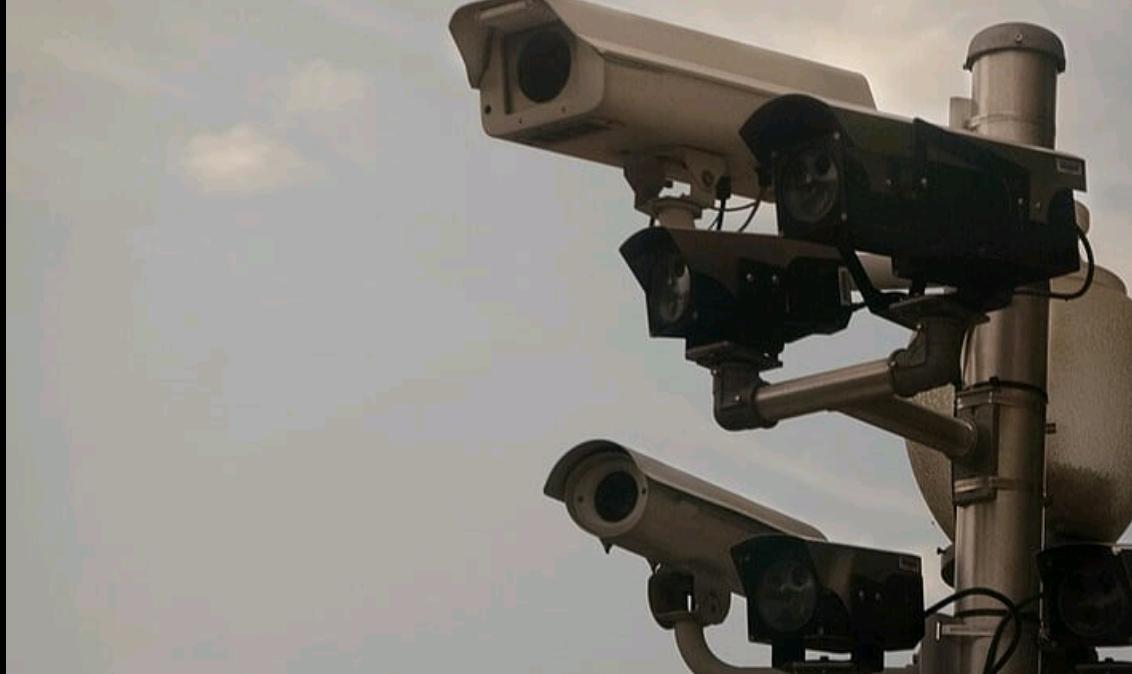EXPERT
Issues
Locations
DOWNLOAD
How Brazil may be involuntarily handing over the country’s strategic information and that of its citizens to China
In 2016, approximately 1.3 million Chinese Communist Party (CCP) committees were built into the administrative structures of Chinese private companies, according to public information. Dozens of party members work to control private companies. At Huawei alone, there were 300 CCP groups operating within the company, and one of its executives, Zhou Daiqi, held the title of party secretary. The same was happening at companies built to compete with western rivals, such as Baidu, Tencent, and Alibaba.
In this crucial moment for the countrywide installation of 5G hardware in Brazil, technology dominated by Huawei has an ever-growing presence in the national infrastructure of the country.
Brazilian researcher and SFS International Fellow Leonardo Coutinho, raises concern and issues an alert over how Brazil may be involuntarily handing over the country’s strategic information and that of its citizens, as well as access to its critical infrastructure, to the Chinese government and its single ruling political party, the Chinese Communist Party, in a SFS special report, titled “The Splendid Conquest.”
Mr. Coutinho’s research for this special report was extensive and included several interviews with Brazilian civil and military authorities. An interview with one of the military figures, who holds a high position in the current government, elaborated the risk of 5G telecommunication systems:
“Defenders of China say that the Americans can spy on us too. I agree with that. But what is the difference? There are laws in the United States, free press, and independent politicians that can fight those practices, which when discovered, generate real scandals, judicial problems, and pressure. And what about China? The state encourages spying and independent bodies with the ability to investigate, limit, and condemn these practices don’t exist,” the military official told Coutinho.
Since 2017, the Central Committee of the Chinese Communist Party established in its National Intelligence Law that private companies and citizens must cooperate with the state to achieve national objectives as defined by the party both domestically and abroad. The Chinese intelligence agencies can legally demand information and collaboration from its citizens and companies at any time.
“This is not about pointless rhetoric about not negotiating with China or isolating the country, nor is it about having a naïve stance when it comes to affirmations that Beijing only wants to do business when all of its actions point to conquering markets. There is clear evidence that there is no separation between the interests of the Chinese Communist Party and Chinese companies. There are considerable signs that the state is the centerpiece for carrying out the Chinese Communist Party’s projects, and as such, is an agent of carrying out its plans, including through these commercial companies,” Coutinho said.
Coutinho’s research reveals the horizontal presence of Huawei in national infrastructure throughout Brazil:
- The Central Bank of Brazil uses Huawei equipment to control access to its entrances and storage of data.
- The Federal Service for Data Processing (Serpro), which handles data from various government sectors, including the Internal Revenue Service, depends on Huawei equipment to operate all of its units.
- According to the Transparency Portal, at the Economy Ministry, wireless access points use Huawei routers.
- Until 2015, the Foreign Ministry utilized hundreds of switches made by the Chinese company, until diplomats showed concern over risks of using Chinese technology and they opted to swap out the equipment.
- The National Institute for Amazon Research (INPA) acquired a “supercomputer” as a gift from Huawei in 2014.
Concern over Chinese spying on sensitive strategies and information through private companies led countries like Australia, Japan, New Zealand, the United Kingdom, and, most notably, the United States to question the security of Huawei equipment and ultimately ban them. Washington fears that, in case of conflict, Beijing will use its power to block communication and drop connections. Unfortunately, Brazil may be vulnerable to this same concern.
The full report is currently only available in Portuguese but is being translated to English. Read the full report (in Portuguese), here.


 Leonardo Coutinho
Leonardo Coutinho